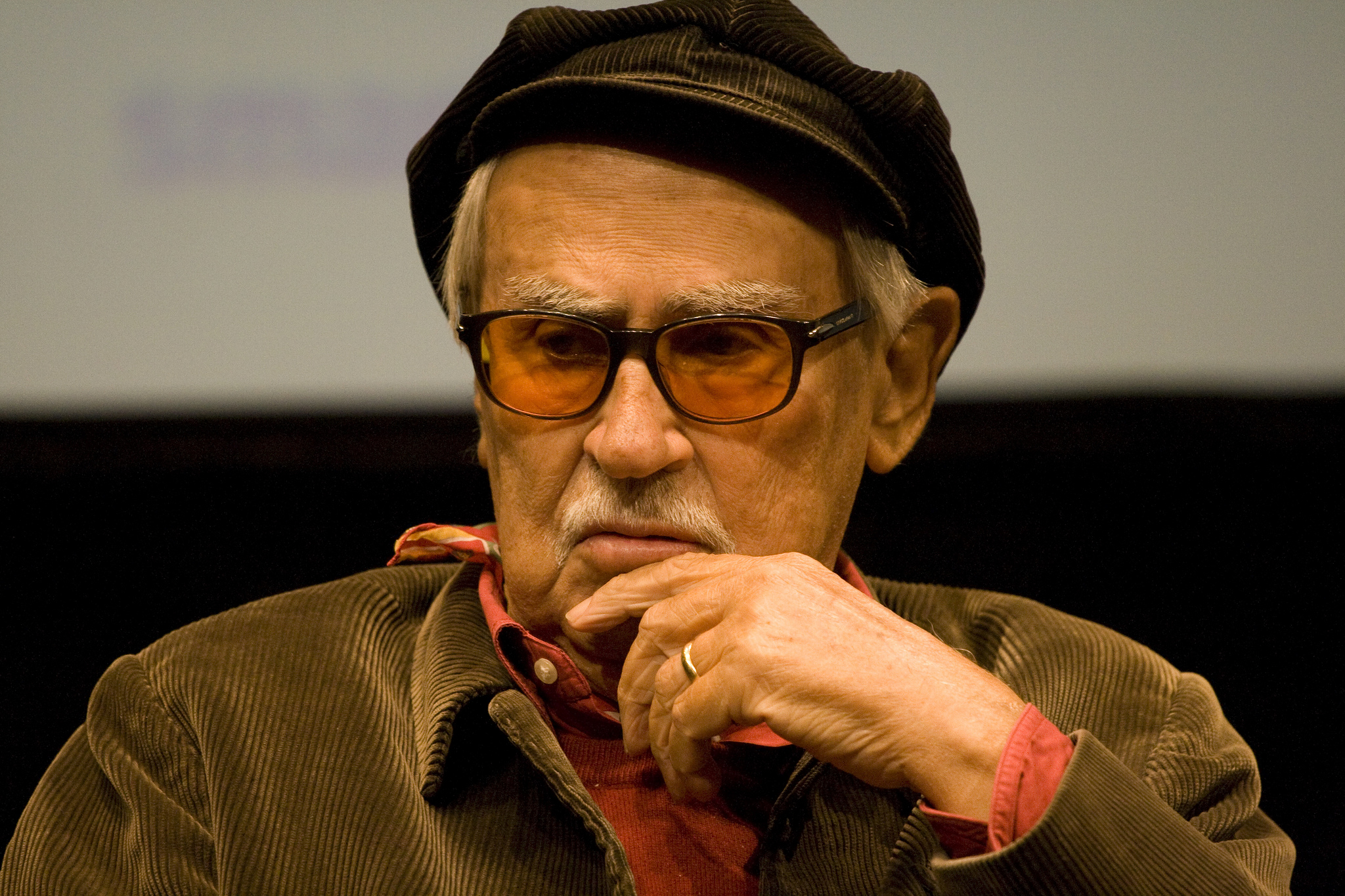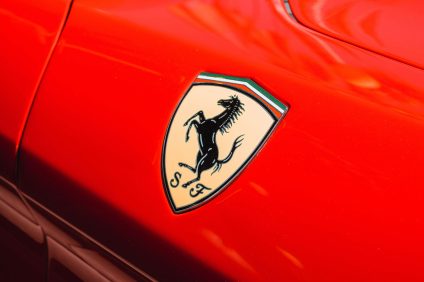Yesterday the disappearance of Victor Taviani, Italian director born in 1929 in San Miniato. He was his brother's right arm Paul, with whom he shared his life in front of and behind the camera.
Farewell to the screenwriter Victor Taviani
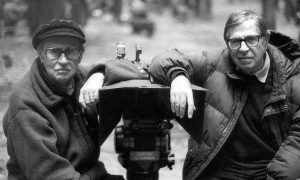
The farm of the larks is a film shot by Taviani in 2007 which explores a hot topic, so hot as to raise voices that go far beyond our Alps. The film is inspired by an autobiographical novel by the Italian writer of Armenian origin Antonia Arslan. Here the woman narrates the extermination of her family, which took place in Armenia in the massacre of 1915 along with over a million people.
One of those historical events set aside, not stormed by the media. This is certainly not a coincidence, so much so that Vittorio Taviani in an interview states that "the Turkish government has officially put pressure on the Italian government to prevent this film from being made". Subsequently the director will confront himself directly with some representatives of Turkey.
He will also receive support from the then minister Rocco Buttiglione who came to the director's rescue to get the story down to us. And to those who label their films as politicians, Victor Taviani gives some short-sightedness. His stories depict the reality of the facts as it is, without nuances or sweetenings. For him, a political film follows a precise design and sends a message that reflects the director's beliefs. He does not limit himself to describing reality, but channels it by giving a predetermined form, an approach far removed from what he tells Victor Taviani.
Undoubtedly, however, the leitmotif of his films is literary inspiration. The names of the muses are Tolstoj, Goethe, Pirandello. It is to the latter that she turns to give birth Kaos, cinematographic work that saw the participation of Franco and Ciccio in 1984. Get information, immerse yourself in the pleasure of literature and let yourself be inspired by the imagination. This is the process that his feature films follow before being captured by our eyes.
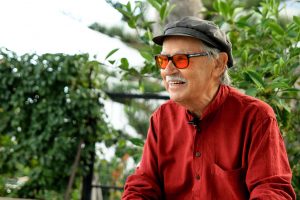
The protagonists of the Taviani cinema
The landscape takes on a strong connotation: Victor Taviani invests time and energy to find the place that best welcomes the actors and their stories. He says that during an inspection to shoot Master father he stopped in Sardinia for twenty long days. He decides to return despite not having found it close di Gavino (Sardinian term used to designate a farm intended for sheep grazing). Arriving at the airport, close to departure, by chance he sees the ideal place he is longing for and goes back to turn.
The landscape, in signed cinema Taviani, is not conceived as an integral part, but acts as the main character, almost rising to the role of actor. Similarly, "music does not just act as an accompaniment, it is one of the protagonists of the films". Among his favorite protagonists are Rome, the Toscana, the region where he was born, and Sicily certainly cannot be missed. A beloved land with which he has a deep relationship enough to buy a house, it is here that he shot his first film in 1962, A man to burn. The screenwriter reconstructs scene after scene a real event with a strong social caliber. This time in the foreground is Salvatore Carnevale, a Sicilian farmhand killed in 1955.
A rain of Donatello marks the film career of Victor Taviani. From 1978, the year that opens with the Donatello for Master father, until 2016, when it receives the Lifetime Achievement Award, always together with his brother Paolo.
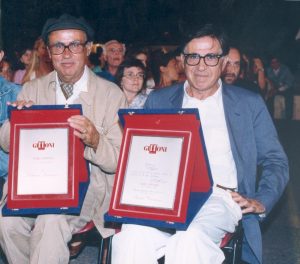
Among the numerous awards we also remember theGolden Bear at the Berlin Film Festival of 2012 for Caesar must die. The Shakespearean tragedy is also remembered for the participation of the inmates of the Roman prison of Rebibbia.
A private matter, based on the novel by Beppe Fenoglio, was the last film by Vittorio Taviani shot just a year ago.

